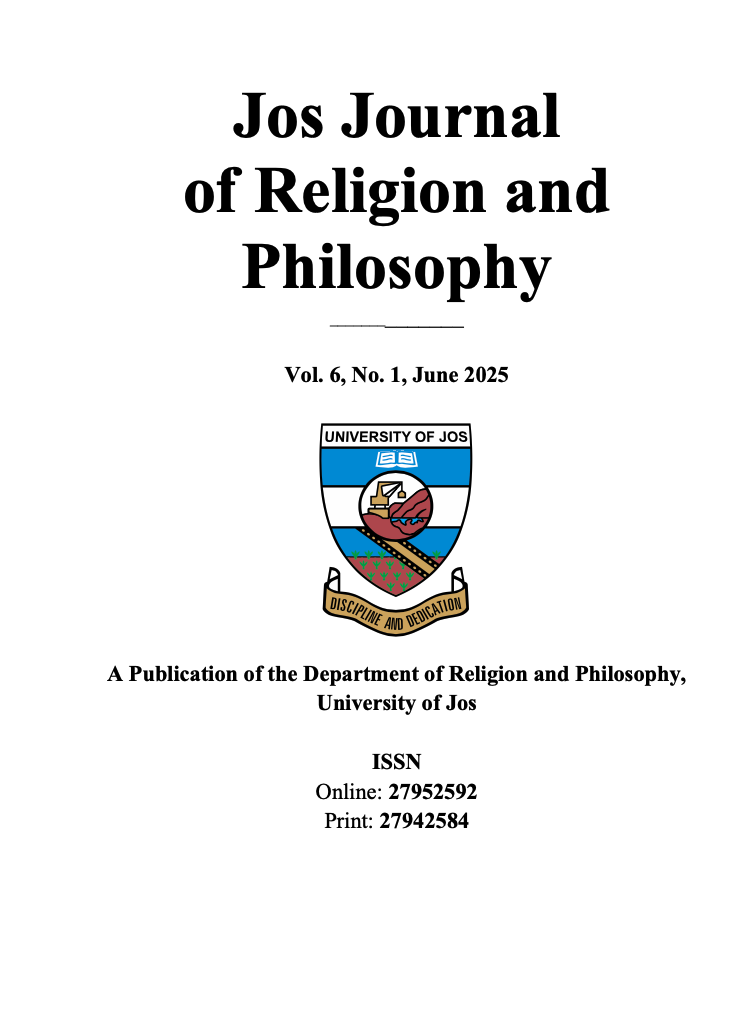BEYOND RELIGION: THE BOKO HARAM CONFLICT AND CRIME IN NIGERIA
Abstract
Religion is a unifying factor globally; however, it has increasingly been associated with conflict and crime, contrary to its historical role. This paper examines factors beyond religion that contribute to conflict and crime, using the Boko Haram insurgency in north-east Nigeria as a case study. The Relative Deprivation Theory serves as the theoretical framework. Data were collected through a comprehensive literature review. These data were systematically organised under purposively selected themes and sub-themes to address the study’s objectives. Findings indicate that various overt and covert factors, including colonial legacy, deprivation, poverty, and corruption, sustain the Boko Haram insurgency and associated crimes in north east Nigeria. A concerted effort by stakeholders, particularly the Nigerian government, to address these root causes beyond a religious perspective could restore trust and mitigate the conflict.


